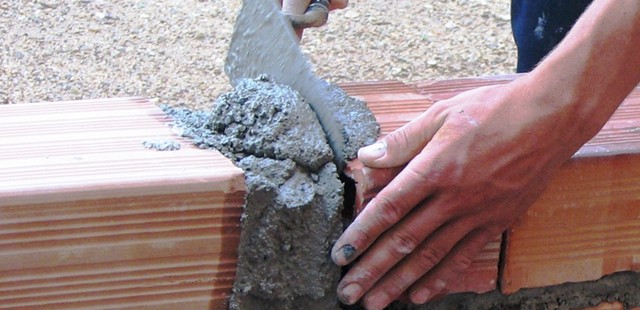
Today we celebrate the achievement of the labourer — the worker. That means you and me.
So let’s look at what labour is.
Labour is defined as the following:
“productive work, especially physical toil done for wages.”
But that’s only the first definition. There are several others where “labour” is a noun, including:
- difficult or arduous work or effort
- a particular job or task, especially of a difficult nature
- the process or effort of childbirth or the time during which this takes place
Then when it’s a verb, there’s these ones to consider:
- to perform labour; work
- to strive or work hard (for something)
- to make one’s way with difficulty
- (of a woman) to be in labour
Whether looked at as a noun or a verb, one things is clear: labour is not easy. It’s not easy in its delivery or in its demand. Labour is, by its very nature, difficult.
Which is why the payoff is generally very rewarding.
I use the word “generally” in that some forms of labour don’t always have that great payoff you’d want. Sometimes it’s because the expectation of the reward was too high. But sometimes it’s because the difficulty of the labour was low. The problem is when the latter happens and yet the reward expectation is still high.
We should know better.
We should know that if the effort put in isn’t that labourious that the reward won’t be as satisfying as when the labour is more difficult. We should know that “garbage in” often means “garbage out” as well. Yet there are (and will be) times where knowing that doesn’t stop us.
Sure, when we get better at something then the effort to produce similar results decreases. The more you write, the better you get (or should get) at writing. The more you rehearse, the better the final performance should be. The more you cook, the better you should get at cooking.
But there are times — in some case too often — where we stop worrying about getting better and just worry about getting done. We are okay with the reward. We are tired of tougher labour. It will happen for some things while other things flourish, but the danger is that it can happen for more things rather than some things. Worse, it can happen for the wrong things.
We should strive for better.
Look at the definitions of “labour” again. Specifically, focus on the last definition of the word as both a noun and a verb.
- the process or effort of childbirth or the time during which this takes place
- (of a woman) to be in labour
Think of the reward that comes after going through this type of labour.1 The payoff is huge. The effort expended to deliver such a payoff is unreal — I’ve seen it twice and can’t imagine going through it myself. So I asked someone who has: my wife. I asked her how it felt to go through the labour (in her best words) and then how it felt:
“(Labour was) the most physically and mentally challenging, most painful event of my life.”
Today, I’m going to be labouring. I’m putting forth some serious effort to make some great things. Then I’ll spend some time with my (and my wife’s) greatest achievement: our kids.
I hope your day will be as much of a labour of love as mine.
Photo credit: vailiki via SXC.HU
1 I know that sometimes the reward doesn’t happen as expected. For the purpose of this piece, I’d rather focus on the rewards that do rather than those that don’t. As a father of two, I can’t imagine how it feels when the reward isn’t there at the end of it all — and my heart breaks for those who do.

